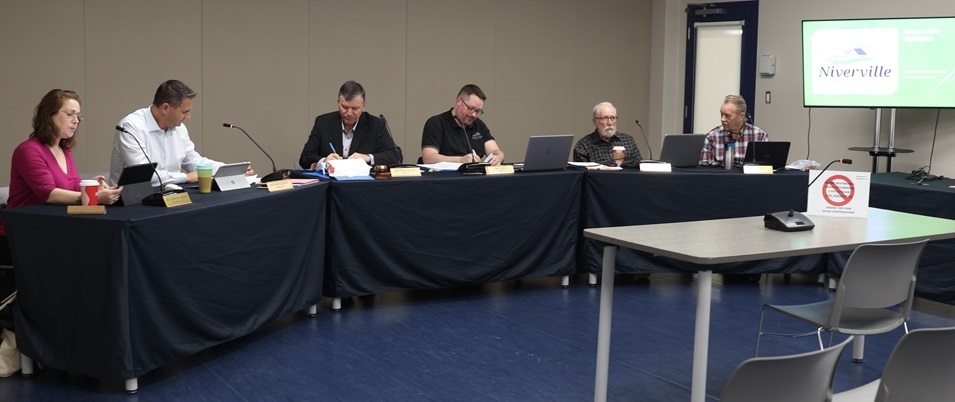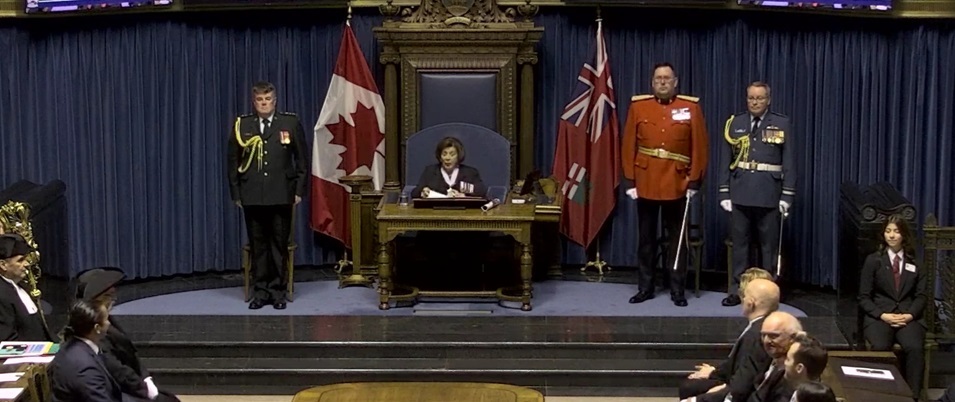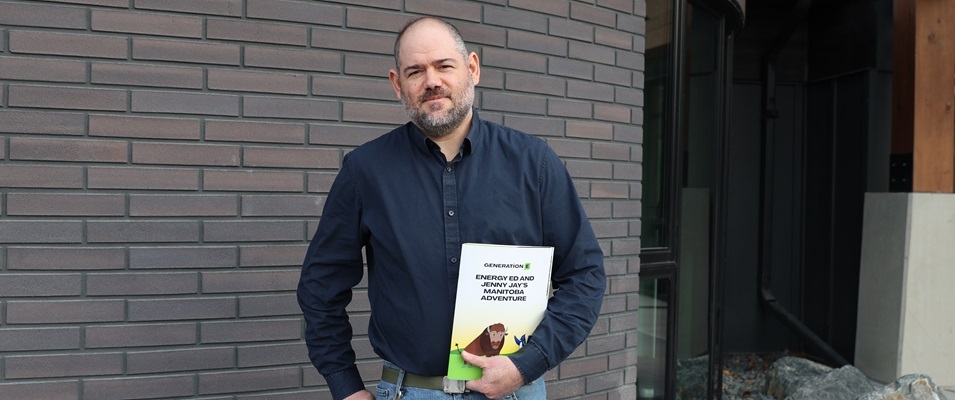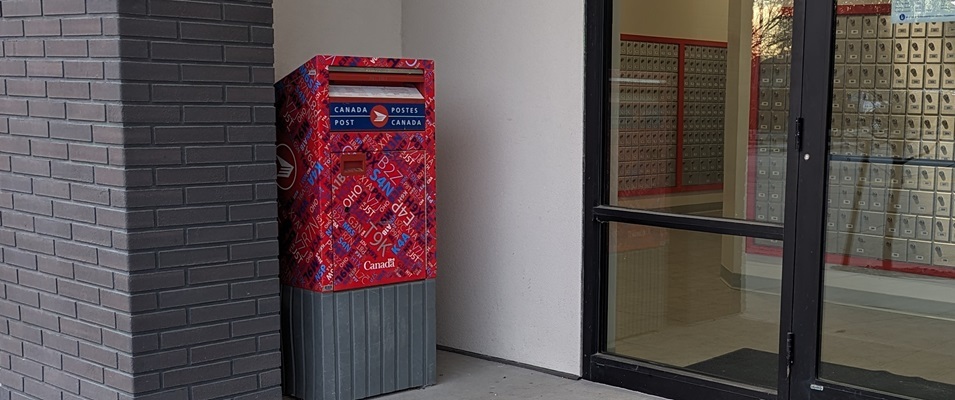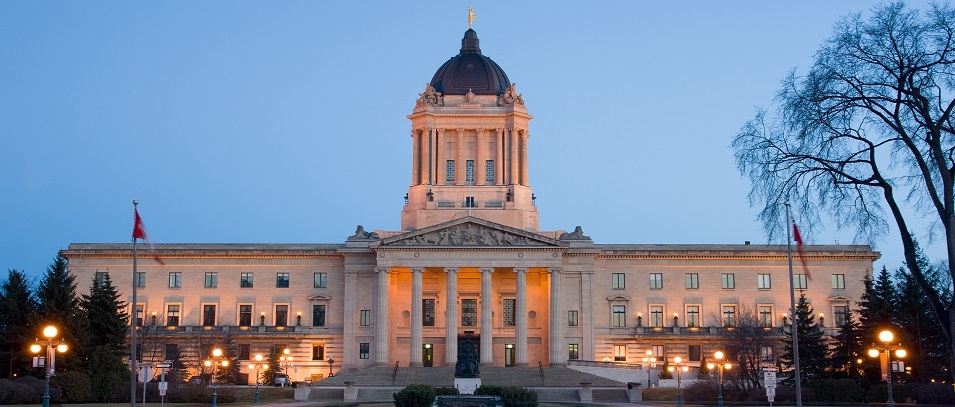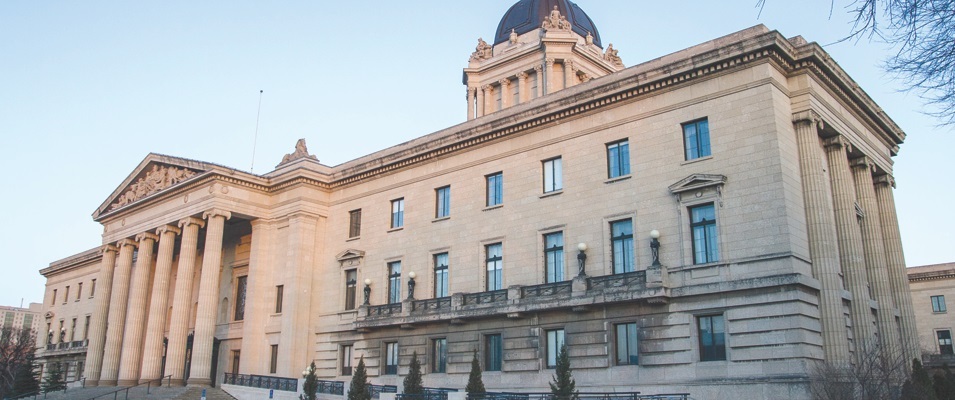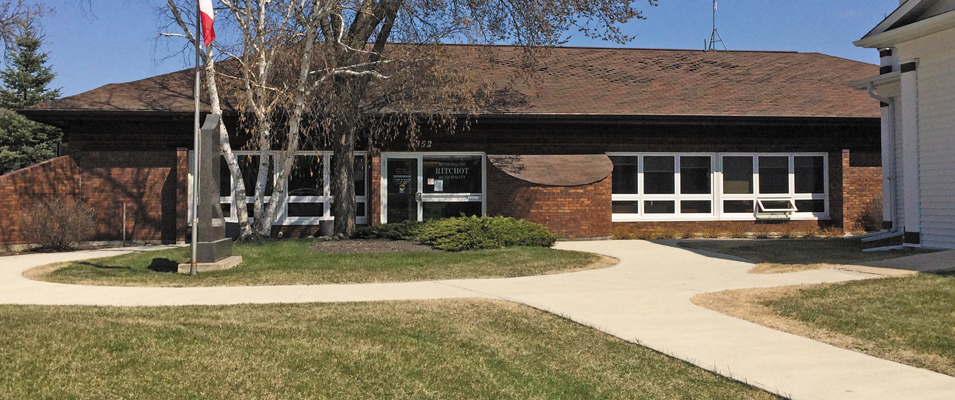
On April 17, a public hearing was held to present the RM of Ritchot’s newly endorsed financial plan for 2024. Residents were invited to participate and present questions and concerns.
No one was in attendance at the 5:30 meeting hosted by CAO Mitch Duval and CFO Muhammed Zaman.
Duval opened the meeting with some stats. Based on the 2021 census, the RM of Ritchot has a population of nearly 7,500 people who reside in just under 2,800 private dwellings. The municipality’s total land mass amounts to around 333 square kilometres.
Zaman continued the presentation with a comprehensive look at the RM’s most recent budget.
“Preparation of the corporate tax budget is one of the most critical initiatives undertaken by administration,” Zaman began, “as it acts as the fiscal plan that provides the resources required to make progress towards achieving community and council priorities.”
Thanks to a general rise in property assessment valuation in the past year, Zaman reported the addition of $235,000 in new tax revenue over last year.
To provide perspective, Zaman noted that the RM’s total property assessment valuation has almost doubled in the past 10 years. This is primarily due to new growth and development.
In the past year alone, a five percent assessment growth was realized between all property classes including residential, commercial, and agricultural.
Residents of Ritchot will be glad to know that there are no municipal tax increases planned for this year. The rate will remain stable at 7.95 percent.
School taxes, on the other hand, will go up across all divisions. Each school division has the autonomy to determine their own mill rate every year.
Between the five school divisions operating within the RM, mill rates will go up anywhere between one percent and almost eight percent. School division taxes account for 61 percent of the resident’s tax bill in 2024.
The NDP government has promised another 50 percent education tax rebate for homeowners this year, although the future of the rebate is uncertain after 2024. Unlike prior years, the rebate will be applied directly to property tax bills in the fall.
Owners of property considered non-residential will receive a 10 percent education tax rebate.
Taxes collected by the municipality account for about one-third of the almost $19 million in revenue required by Ritchot this year. The remaining two-thirds of the revenue is expected to be realized through other revenue sources, such as government grants, permits and fines, development fees, municipal reserve funds, and sales of services.
Expenditures across many departments are up this year. The economic development budget climbed 32 percent since last year.
“This increase is due to some extra money put in for business export to capture more economic business opportunities for the RM,” said Zaman.
As well, he adds, it will cover wages paid to summer students and the newly hired efficiency advocate for the Manitoba Hydro Energy Efficiency program.
Protective services also saw a jump of 13 percent. This includes the cost of paying for building inspectors, Commissionaires night patrol, animal control, fire halls maintenance, and emergency measures people.
As in previous years, Ritchot taxpayers are not directly billed for policing services through the RCMP.
Up another 12 percent is recreation services. This is the result of inflation impacts and an increase in recreation summer programming.
General government services, too, went up by nine percent from last year. Under this budget category, council indemnities, staffing wages, benefits, and legal costs are paid.
Capital expenses budgeted for 2024 will reach almost $11 million. Projects expected to consume that cash include continued civic office expansion and site improvements as well as new equipment for the operations department, such as a Bobcat and mini excavator. Pole sheds will see upgrades and road improvements are planned.
Île-des-Chênes’s Main Street rejuvenation is factored into this year’s budget to the tune of $2.5 million. While some money has been set aside for this project from the general reserve, the project is still dependent on government grants and gas tax funding.
“In 2024, the RM has received $573,000 from the province as a one-time grant, funding under the Rural Strategic Infrastructure [program],” Zaman says.
This specific funding will be dedicated to the rebuilding of Hamilton Road and Charron Road.






